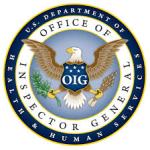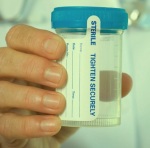 By: Jackie Bain
By: Jackie Bain
Providers of healthcare items or services are well-served to take note: a Federal Court of Appeals has recently held that “the Anti Kickback Statute prohibits a doctor from receiving kickbacks that are made in return for a referral. It does not require that the referral be made in return for a kickback.” Thus, receiving any unauthorized payment from a health care provider to whom you send patients is a very bad idea.
The Federal Anti-Kickback Statute, 42 USCS § 1320a-7b(b) states, in pertinent part, that a person may not knowingly or willfully solicit or receive any remuneration directly or indirectly, overtly or covertly, in cash or in kind, in return for referring an individual for the furnishing of a healthcare item or service that is payable in whole or in part by a Federal healthcare program. In laymen’s terms, a person cannot pay or receive anything of value in return for furnishing a Medicare patient to receive a healthcare item or service. (Note, however, that the law does set forth examples of permissible payments, or “safe harbors,” but we won’t address those in this article.)Continue reading








